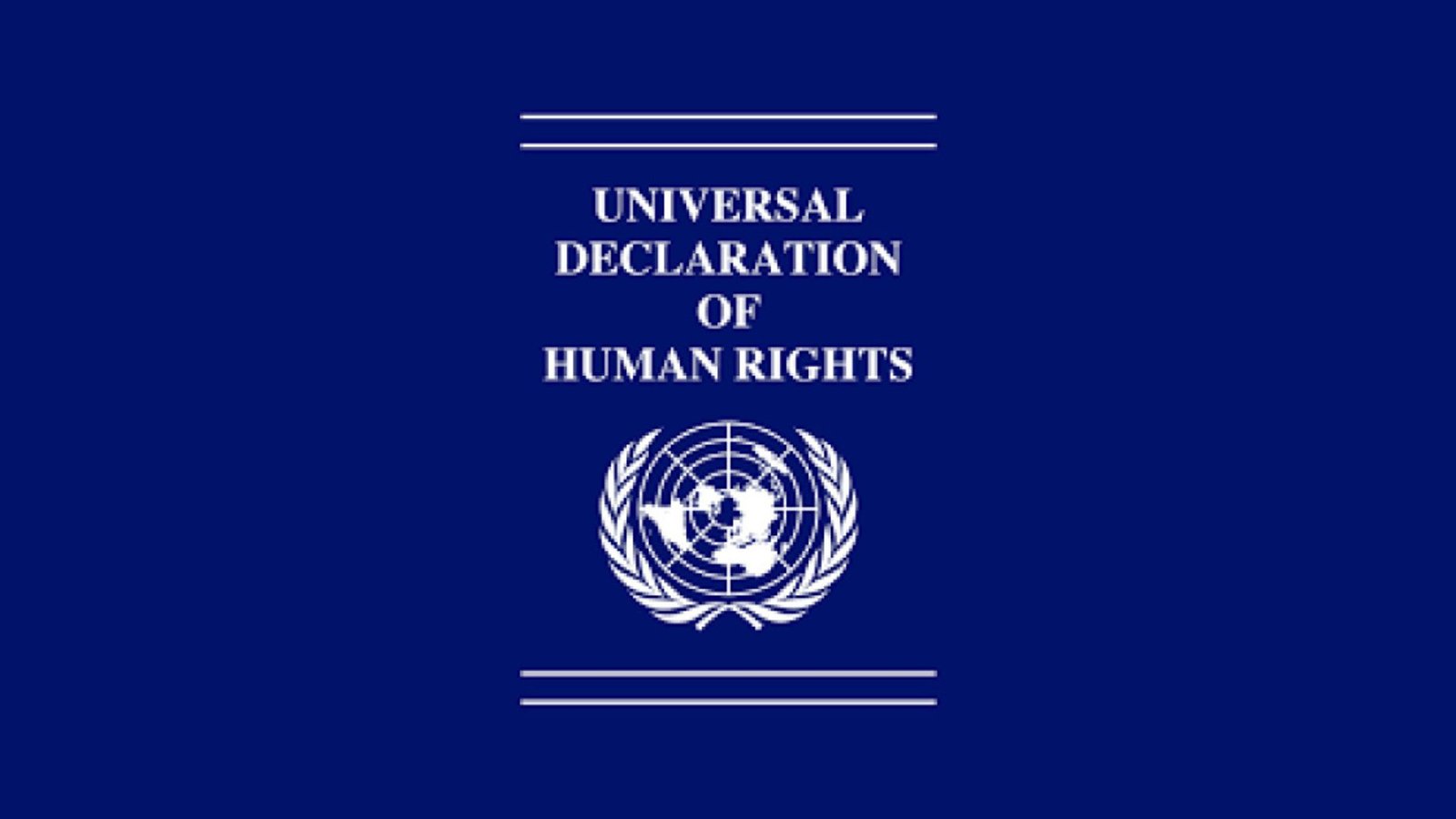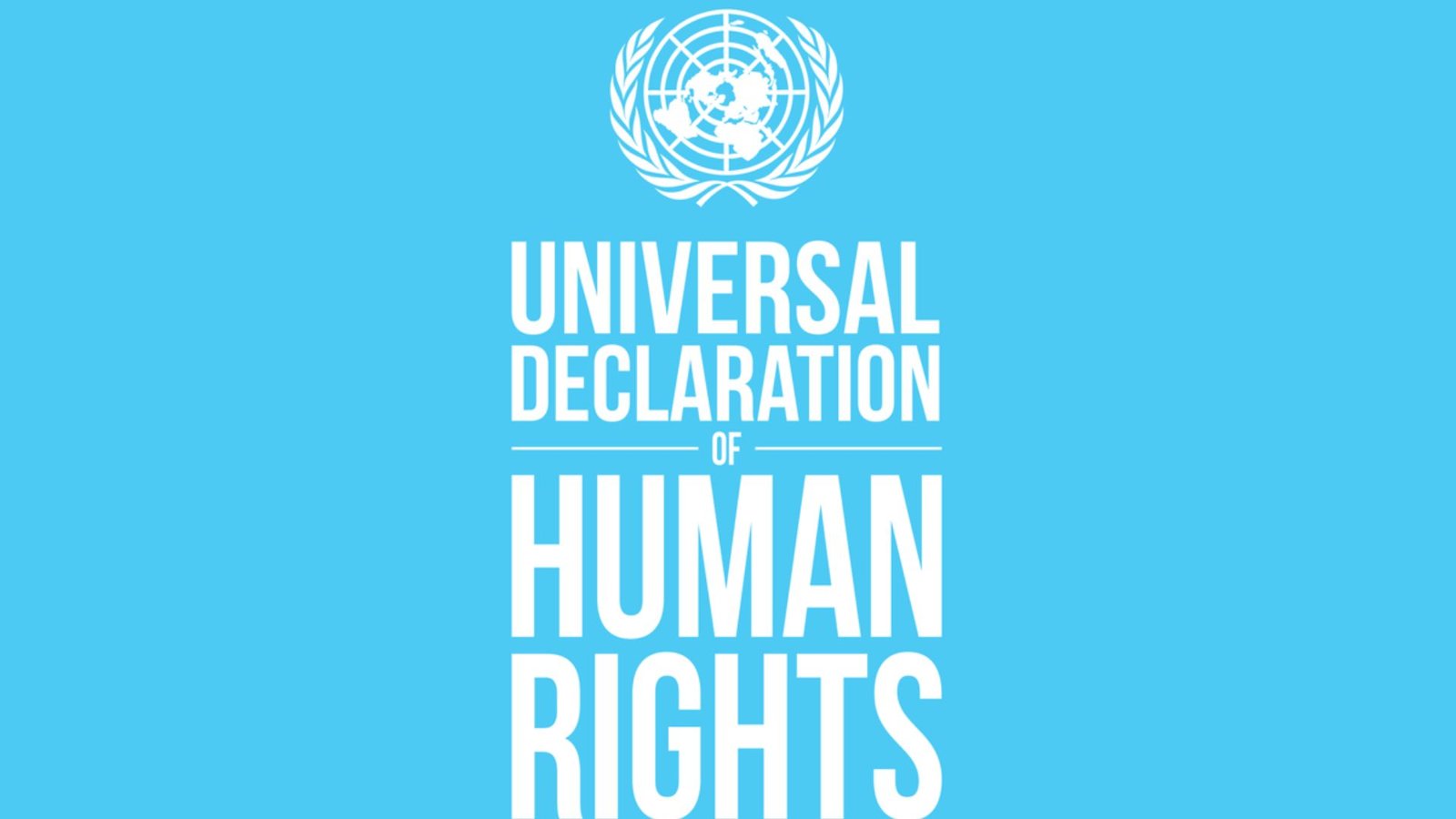|
Getting your Trinity Audio player ready...
|
The Universal Declaration of Human Rights (UDHR) represents a pivotal moment in the global pursuit of human dignity and justice. Adopted by the United Nations General Assembly on December 10, 1948, the UDHR crystallizes a set of fundamental principles that transcend cultural and national boundaries. It declares the inherent rights and freedoms to which all individuals are entitled, regardless of their background or circumstances. This landmark document serves as a moral compass, guiding nations towards a future founded on equality, justice, and respect for human rights. Its principles echo throughout history, inspiring movements for social change and shaping the development of international law. By affirming the universal rights of every individual, the UDHR underscores the shared humanity that binds us all. Additionally, it serves as a reminder of our collective responsibility to uphold and protect human rights for generations to come.
A Declaration of Universality
The title of the Universal Declaration of Human Rights (UDHR) encapsulates its overarching mission and impact. The term “Universal” serves as a powerful symbol of the document’s inclusive nature, emphasizing its commitment to upholding the rights and freedoms of all individuals without discrimination. This universality underscores the fundamental principle that human rights are inherent to every person, irrespective of their nationality, ethnicity, religion, gender, or any other characteristic. By embracing this universal perspective, the UDHR seeks to transcend geographical and cultural boundaries, envisioning a world where basic human rights are universally respected and protected. Through its title, the UDHR sends a clear message of solidarity and equality, rallying nations and individuals around the common cause of human dignity and justice. It serves as a beacon of hope and inspiration, guiding humanity towards a future where every individual can live with freedom, dignity, and respect.

The Pillars of Human Rights
The UDHR comprises 30 articles, each meticulously crafted to articulate the fundamental rights and freedoms inherent to all individuals. These articles encompass:
Civil and Political Rights
These rights guarantee individual liberties such as the right to life, liberty, and security of person; freedom from torture and cruel, inhuman, or degrading treatment; freedom of thought, conscience, and religion; and the right to peaceful assembly and association.
Economic, Social, and Cultural Rights
Additionally, these rights address essential human needs and aspirations, including the right to work, fair pay, and just working conditions; the right to social security and an adequate standard of living; the right to education; and the right to participate in cultural life.
Beyond Legality
While the UDHR is not a legally binding treaty, its moral force and persuasive power are undeniable. It serves as a common standard of achievement for all nations, inspiring them to strive towards the full realization of human rights for all. More so, the UDHR’s impact transcends legal frameworks, shaping international discourse, informing national legislation, and empowering individuals and communities to claim their rights.
Addressing Evolving Challenges
Moreover, the UDHR, though drafted in 1948, remains a living document, continuously relevant and adaptable to evolving global challenges. As the world grapples with new issues like technological advancements, climate change, and mass displacement, the UDHR’s core principles provide a guiding framework for ensuring that human rights are protected and promoted in these ever-changing contexts.
Challenges and Realities
Additionally, the journey towards fulfilling the vision outlined in the Universal Declaration of Human Rights (UDHR) is fraught with obstacles and challenges. Despite the principles enshrined in the UDHR, human rights violations persist in different regions worldwide, and inequalities persist based on factors such as race, gender, and socioeconomic status. Achieving meaningful progress in addressing these complex issues demands ongoing dedication and collaborative action from governments, civil society organizations, and individuals across the globe. It requires not only the implementation of effective policies and legal frameworks but also a commitment to fostering a culture of respect for human rights and equality. By working together and standing in solidarity, stakeholders can strive to overcome these challenges and move closer towards realizing the UDHR’s vision of a world where every individual enjoys the full spectrum of their inherent rights and freedoms.
The Call to Action
Furthermore, the UDHR serves as a powerful call to action for all stakeholders in the global community. Governments have a responsibility to uphold and promote human rights within their borders and collaborate internationally to address global challenges. Civil society organizations play a crucial role in holding governments accountable, promoting awareness, and empowering individuals to claim their rights. Ultimately, the responsibility to defend and promote human rights lies with every individual. By fostering empathy, advocating for justice, and holding ourselves and others accountable, we can all contribute to creating a world where UDHR’s vision of universality and equality becomes a lived reality for all. The UDHR is more than just a document; it is a powerful symbol of hope and a constant reminder of the fundamental rights and freedoms that belong to every human being
Conclusion
In conclusion, the Universal Declaration of Human Rights stands as a timeless testament to humanity’s collective aspiration for peace, justice, and dignity. While challenges persist in realizing its ideals, the UDHR serves as a reminder of our shared humanity and our duty to uphold the inherent dignity and rights of every individual. More so, it ensures a more just and compassionate world for future generations.
You might be interested in:
- Human rights beginners guide
- Fighting inequality with human rights
- The Unwavering Pillars of Human Dignity and Freedom
- The Fight for Universal Rights Is More Urgent Than Ever

